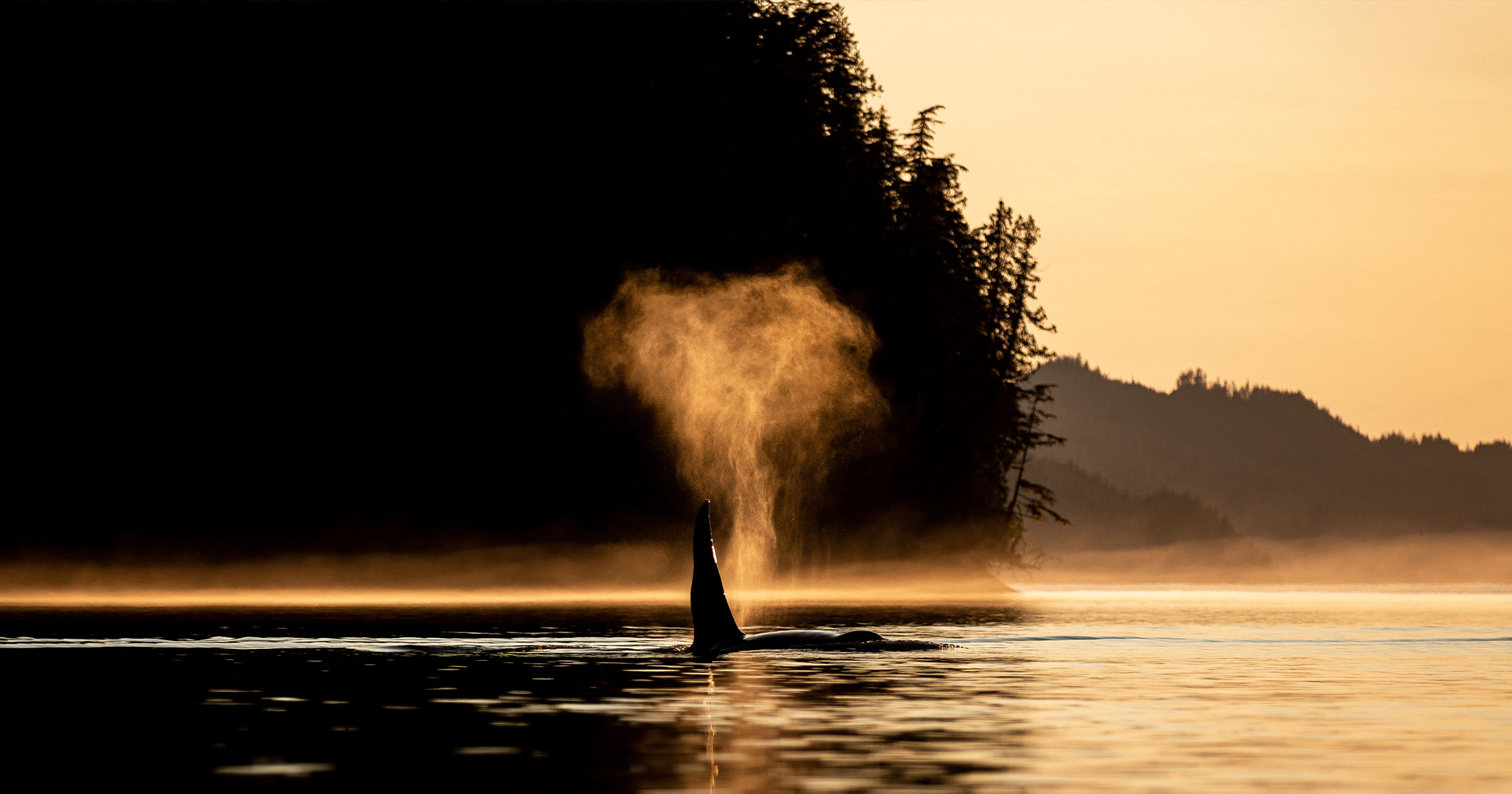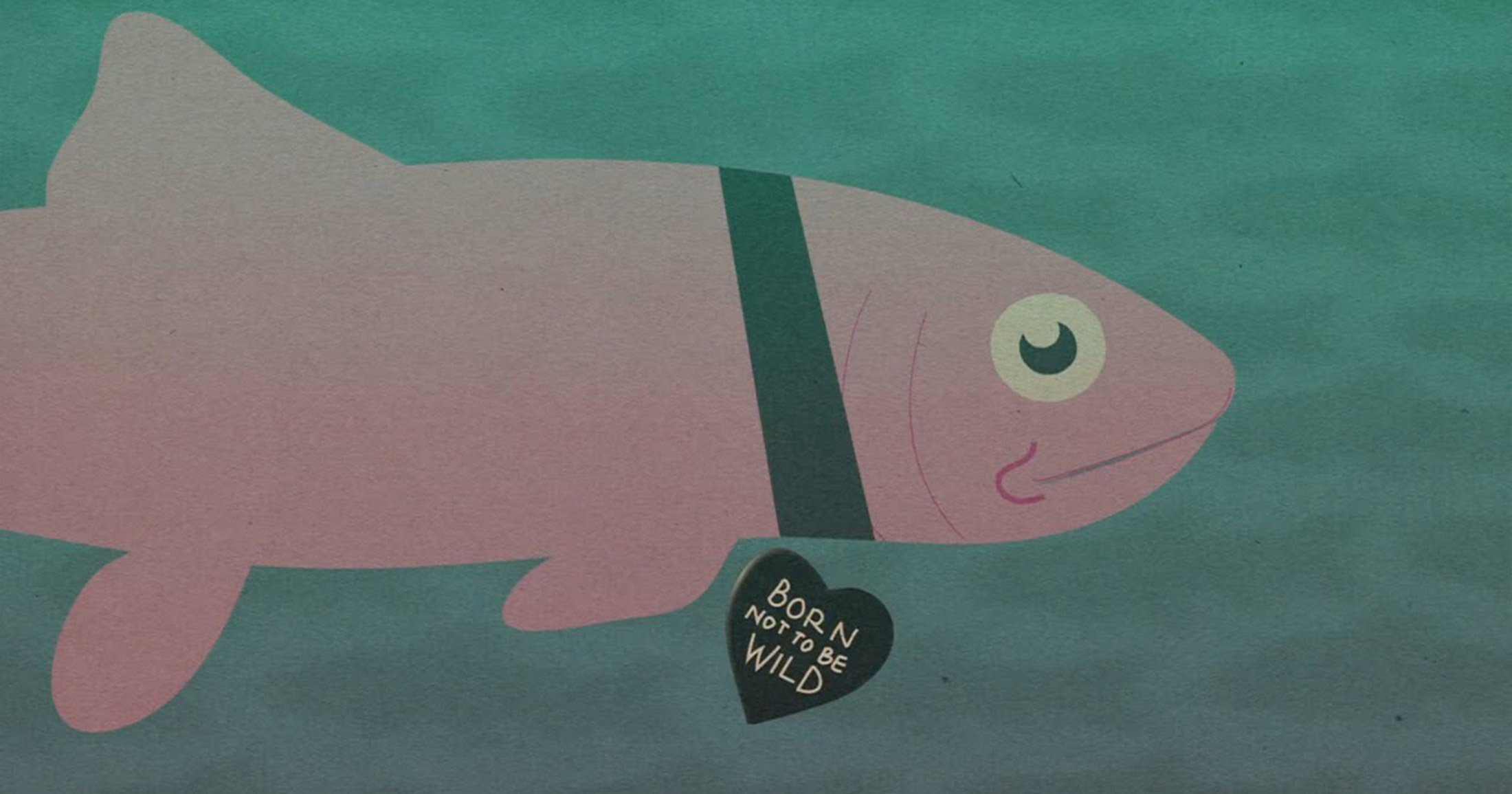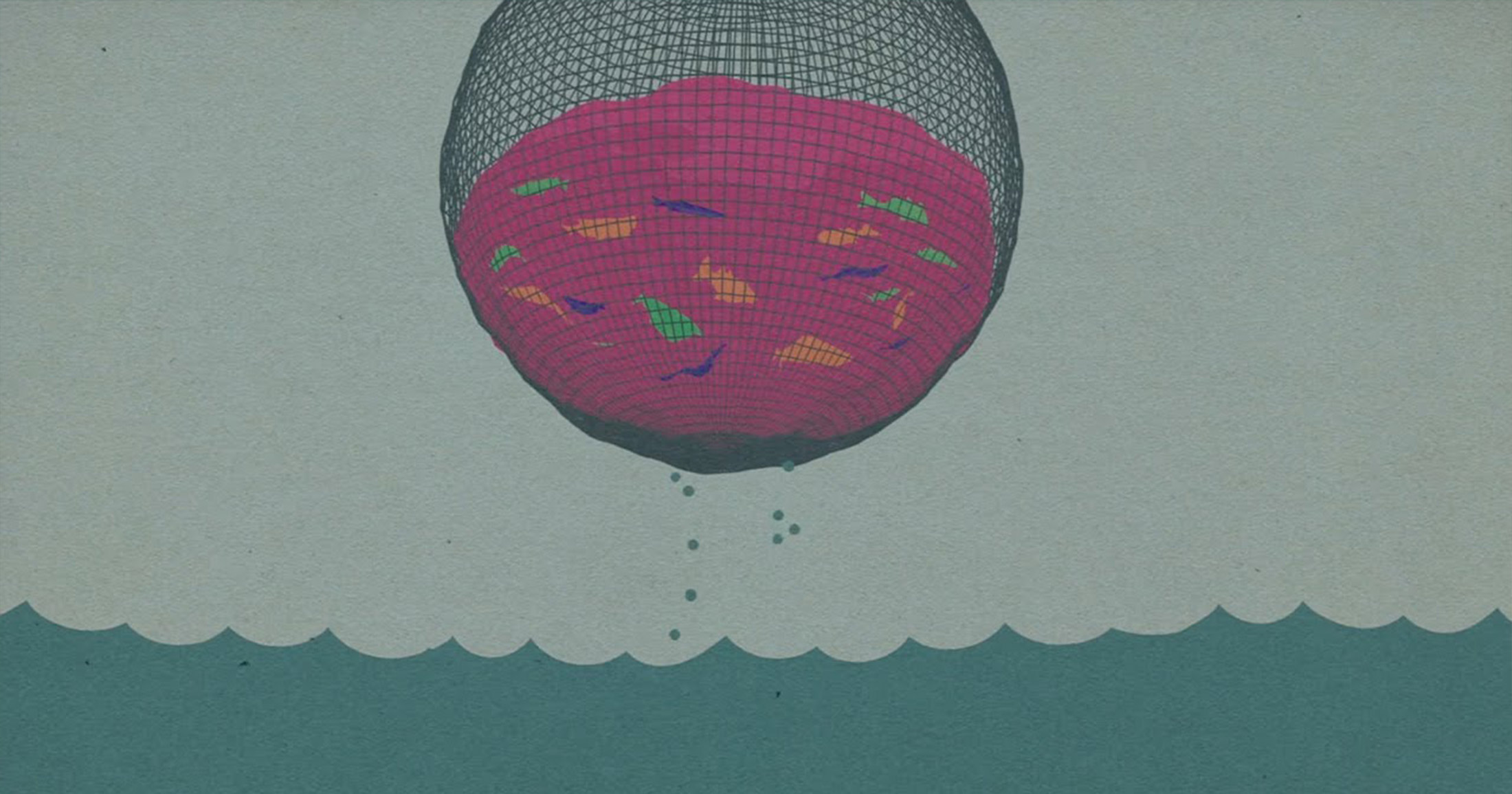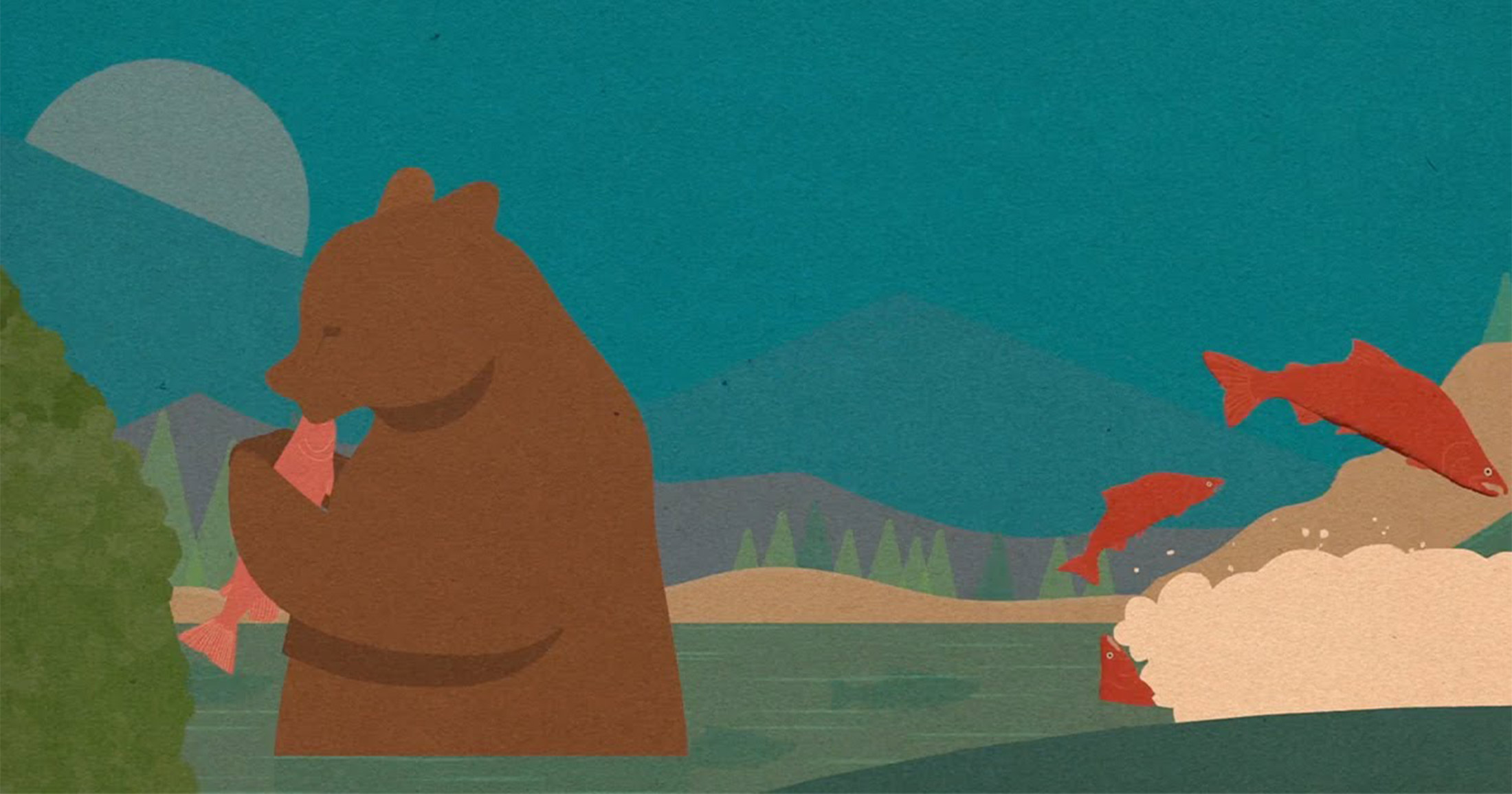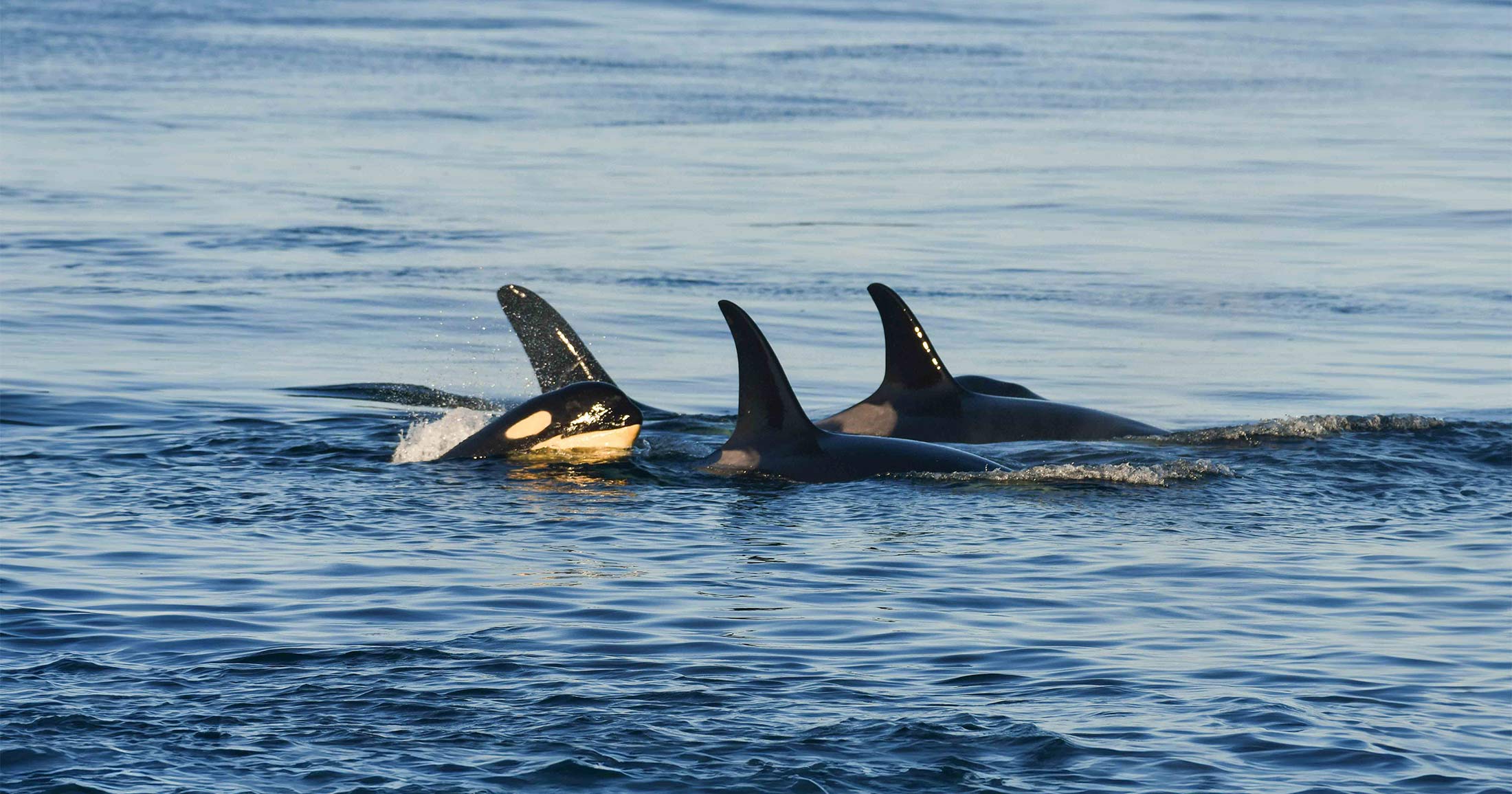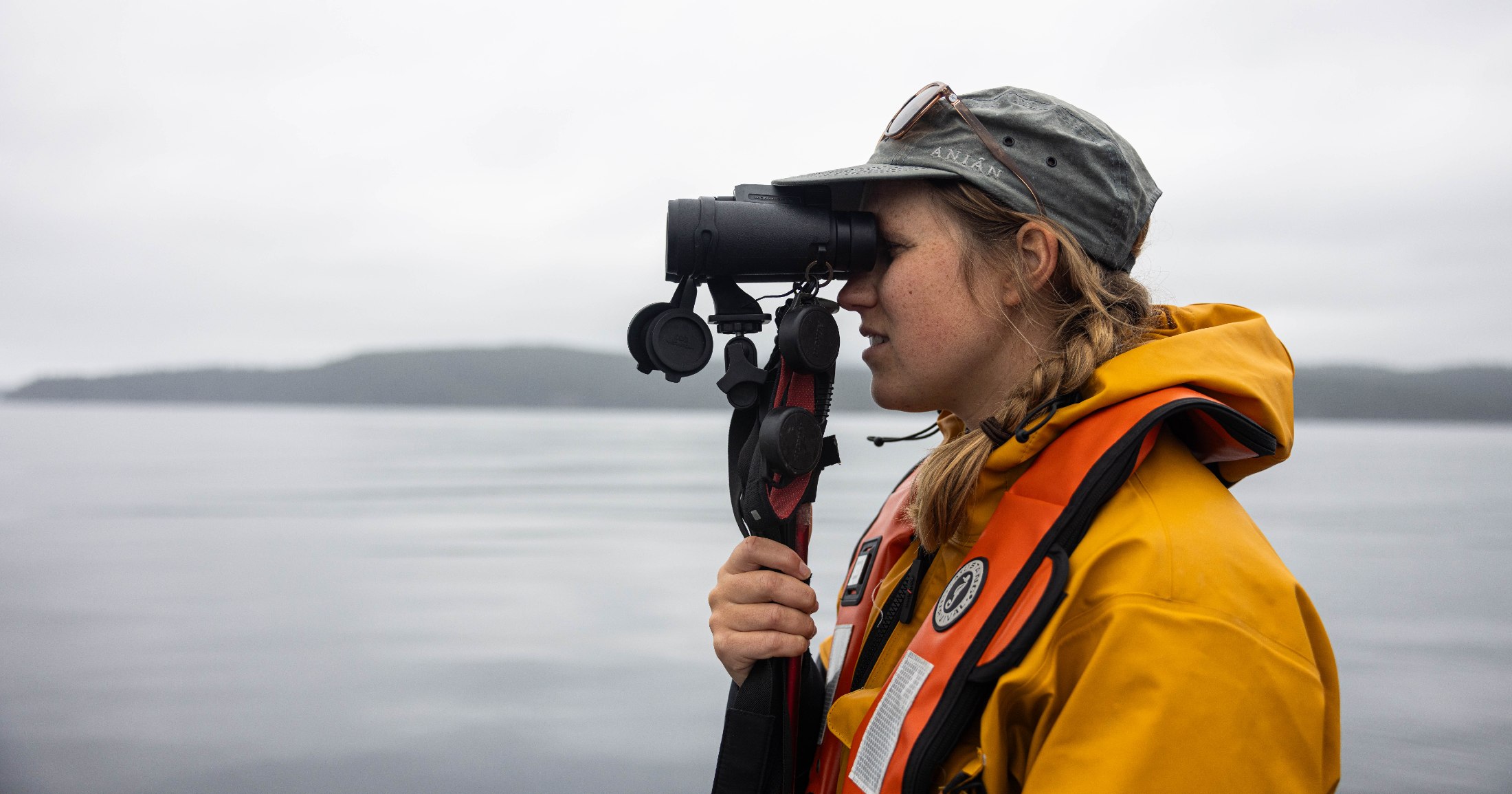Tankers and orcas cannot co-exist
 By Misty MacDuffee and Chris Genovali, Island Tides July 28, 2011
By Misty MacDuffee and Chris Genovali, Island Tides July 28, 2011
Earlier this year, energy giant Kinder Morgan quietly submitted an application to the National Energy Board (NEB). The application proposes to increase the capacity of the Trans Mountain oil pipeline that is delivering tar sands crude to the Westridge Terminal in Burrard Inlet. Nothing new for Kinder Morgan; two earlier applications had already increased capacity to the current 300,000 barrels per day. This and other ensuing applications propose expansions that would deliver 700,000 barrels per day to the Westridge Terminal by 2016.
While concerned British Columbians are focused on the threat of oil tankers to BC’s north coast posed by the Enbridge Northern Gateway project, these incremental tariff applications are an effective way for Kinder Morgan to quadruple the amount of crude oil going from Burrard Inlet through Georgia Strait, the Gulf Islands, Haro Strait and the Juan de Fuca without ever mentioning the terms “oil tanker” or “tar sands.” The implications of these expansions are enormous both globally and locally, and the Salish Sea populace will be asked to bear the immediate risks with virtually no public engagement.
According to Kinder Morgan, an estimated 288 tankers (576 transits) will leave Westridge Terminal by 2016, up from 71 tankers (142 transits) in 2010. This translates to more than one tanker per day transiting our region’s front yard. The risks posed by oil tanker and barge activity here are poorly understood. However, one does not have to look very far to get a sense of the myriad concerns.
To read the rest of this article please visit the Island Tides website.
Support our mobile lab, Tracker!
Our new mobile lab will enable the Healthy Waters Program to deliver capacity, learning, and training to watershed-based communities. We need your support to convert the vehicle and equip it with lab instrumentation. This will allow us to deliver insight into pollutants of concern in local watersheds, and contribute to solution-oriented practices that protect and restore fish habitat.




